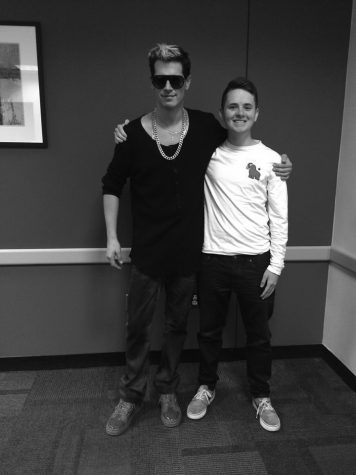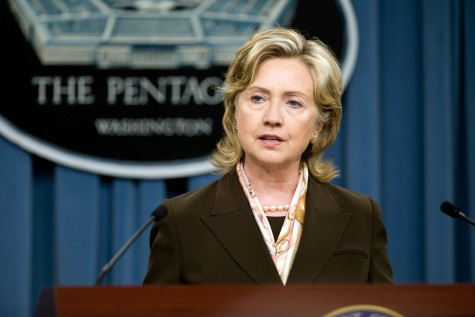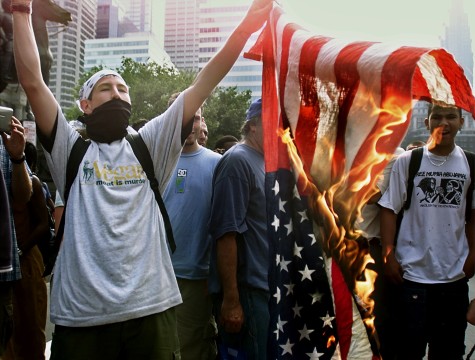The War on Drugs: How it lost its way
The War on Drugs is a policy that was brought forth by leaders of the “silent majority” and the moral right during the 20th century. In 1970, the Controlled Substance Act was passed. The legislation swept in the era of the War on Drugs and frighteningly harsh prosecution of everyone down the narcotics totem pole from drug kingpins to simple users. Police started to heavily patrol low-income urban areas, going after Latino and African-American drug users who lacked the funds to defend themselves in court. Crack, the solid, cheaper form of cocaine, prevalent in economically-destitute areas, was demonized by the government and the media. Crack users were prosecuted at a ratio of 100:1 compared to powder cocaine users.
The War on Drugs has perpetuated the cycle of discrimination and institutional racism against minorities. According to the 2010 National Survey on Drug Use and Abuse, African-Americans make up 10.7 percent of drug users, 31.8 percent of drug arrests, 27.6 percent of drug convictions and 44 percent of drug incarcerations. The “War on Drugs” quickly morphed into a war on impoverished minorities. The problems worsened with the passage of the 1988 Omnibus Act, which harshened federal drug penalties and allowed for the confiscation of vehicles used in distribution. This started the wave of asset forfeiture by police departments; drug users were finding everything they owned, including their homes, being put up for auction before they were considered guilty by a court of law.
These policies were introduced under the pretense of stopping the use of drugs and bringing the United States back to its “Judeo-Christian roots.” The effect of this policy has done everything but meet its supposed goal: Drug use has not decreased. Every day in this country, drug users who harm only themselves are punished with harsh economical setbacks and time served in violent prisons, altering many of them for the worse. These people have found themselves at a fork in the road: One side is rough and unpolished cobble, but there is a light at the end of it. The other side is dark, crumbling and broken, with nothing but a pool of bloody tears, a cheap grave and a lonely funeral at the end of it. Instead of helping these people save themselves we’re pushing them onto a road of tragedy with no return.
The Patriot Act, legislation implemented with the supposed purpose of combatting terrorism, is overwhelmingly used to fight the War on Drugs. A 2013 report said that out of the 11,129 requests to use the Patriot Act, 9,401 of the requests, approximately 84.5 percent, were for drug busts. When did drug users become terrorists? The drug war is no longer just a war on minorities, but rather the American people as a whole.
As Clinton’s drug czar, Barry McCaffrey, said in 1996 when describing the War on Drugs, “It is truly a war without a clear enemy. Anything waged against a shapeless, intangible noun can never truly be won.”
Legalizing these narcotics may be too extreme of an answer, but persecuting users has failed to reduce their use and whittled down the civil rights of us all. Is this really the type of society we want to live in?




